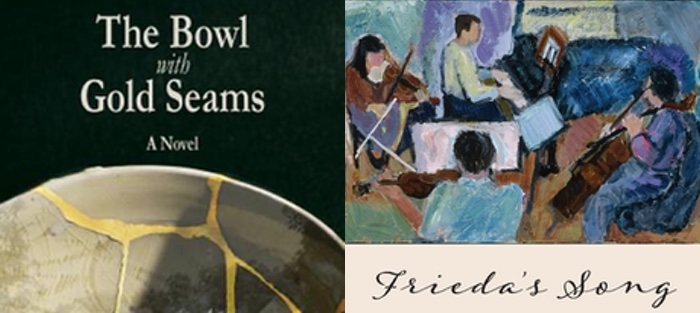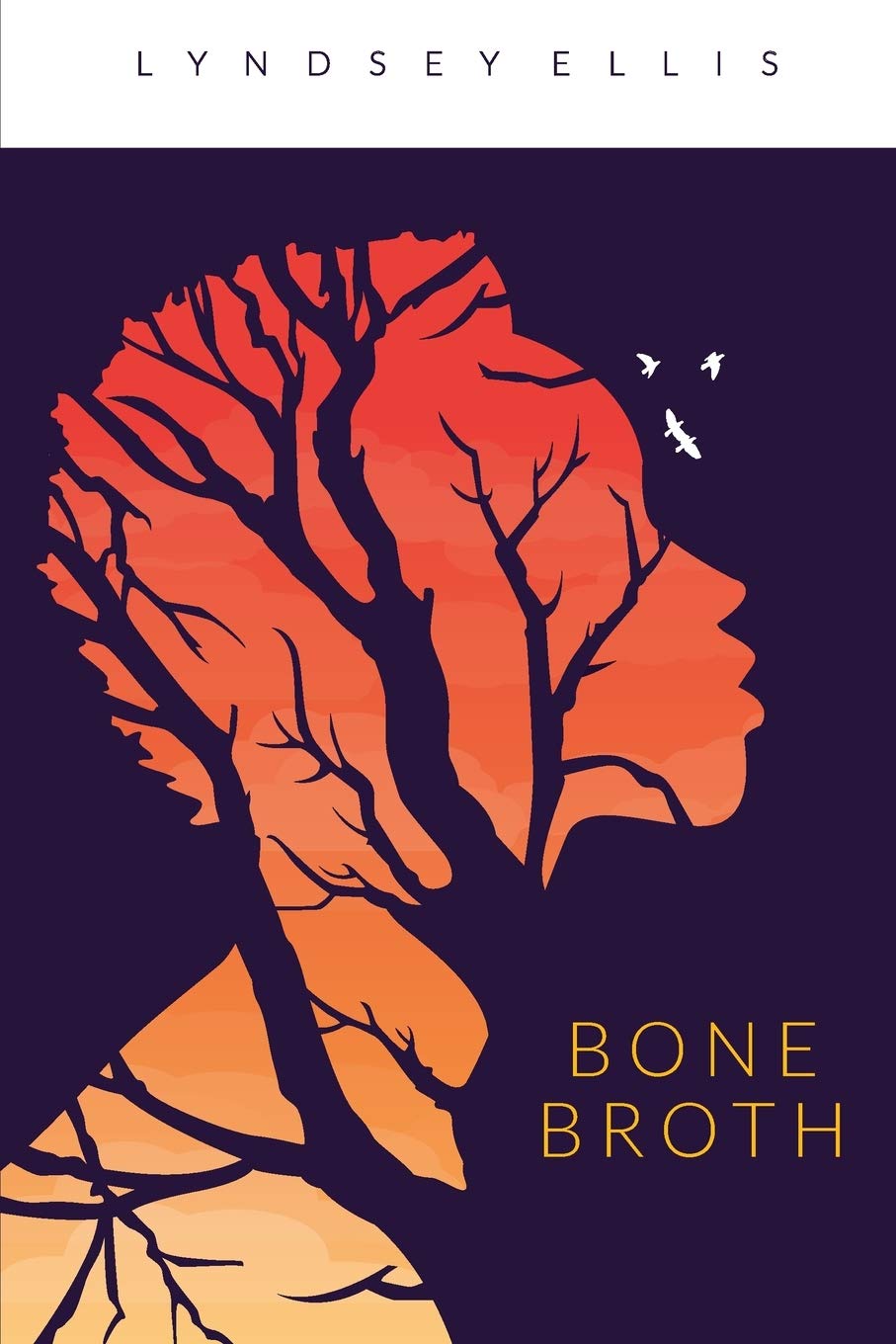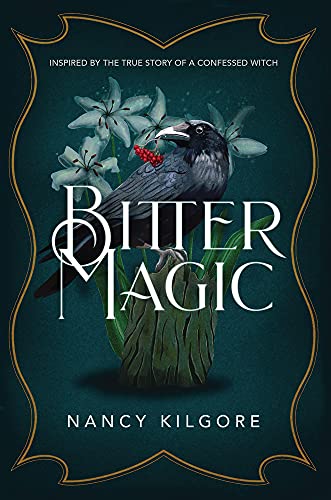My parents had a pigeonhole desk when I was a child. We called it “The Uncle Hugh Desk” after my paternal grandmother’s brother. I never knew that grandmother, nor her brother, but my brother Hugh was named for him. Maybe that’s why the desk came to us, and maybe my mother kept it, in memory of her Hugh, who’d died just shy of two.
It stood in the living room of our house, a house that would now be called mid-century modern. The desk was late nineteenth century, tall, and awkward. Closed, the front hid the pigeonholes. Opened, the face became a sloped writing surface—so steep that today a laptop would slide right off. Mom paid bills sitting there, stuffing folders and envelopes in the tall narrow cubbies, shutting them out of sight when she entertained. My parents moved the desk to the retirement community at that stage of their lives, and then it traveled to Brooklyn to live for a time in my brother Don’s house—a house that was likely about its age. Don offered it to me, and I declined. He asked for my blessing before letting the impractical space eater go, which I easily gave. I write on an old dropleaf table, cherry, scarred and stained and soft to the touch. Homemade probably, certainly more than a hundred years ago. The surface is broad and smooth and accommodating. When we moved to this apartment my husband suggested I might want to get a real desk. But I prefer this, with its ink blots and scratches. My kids did homework on this table, and now, my own writing has soaked into the wood as well.
I do like the idea of pigeonholes, of places in a writing desk to stash stuff away. I like the idea of finding scraps of history in the crevices of such a desk, inherited or discovered. After all, it’s often a tangible scrap of the past that opens a door to imagining and writing. But I want neither a pigeonhole desk, nor to be pigeon-holed as a writer of historical fiction.
Why not?
After all, both my novels were inspired by historical events, by actual people and places. My first novel, The Bowl with Gold Seams, is “about” the summer of 1945 in a resort hotel in Pennsylvania where Japanese diplomats were detained, while my second book, Frieda’s Song, is “about” or inspired by a real person in a real place: psychiatrist Frieda Fromm-Reichmann, a refugee, and her work at the Chestnut Lodge psychiatric hospital. Yet these novels are also about loss and mourning, guilt and forgiveness, about abbreviated, interrupted childhood; about working, friendship, parenting. And memory. How it works, and how it fails us.
Okay, so a pigeonhole desk is not practical, a little too quaint and precious for me. But why resist the pigeonhole of historical fiction if as so often what I write is inspired at least in part by a person in a past time? I do love the hybrid process of research, and imagination. I love spinning a double strand of history and imagination into—say it, historical fiction. Partly I resist because of the lingering tinge of genre attached to the label, the association with bodice-ripping cover illustrations, and snide remarks about hysterical fiction. I wouldn’t want my novels on a shelf that some readers would never visit.
But isn’t almost all fiction historical? By the time we put words to page, spin story out of the ingredients of memory, experience, and imagination, whatever external trigger has prompted our story-making, is past. Breakfast is over as soon as we’ve swallowed, and if we write it, fictionalize it, we draw on recent history, reimagining the menu and the company and the moment. So though I resist the pigeonhole, I also want to claim it. We live within the context of history and culture, and how can we not write within that context as well?
Journalism, they say, is the rough draft of history. And, famously, history is written by the winners. Well, fiction can be a retrospective draft of history too—as it was, even as it might have been. Writing fiction, even reimagining the past, can give voice to overlooked, unheard bystanders and actors. Players, but not winners.
 For me writing is an exploration of the way world and personal history, work and the people we love, fate, fortune, misfortune, and chance, shape lives. And whether consciously writing historical fiction or accidentally, I’m seeking the essence of the story’s moment, the character’s moment. It’s often the past that grabs hold and pushes me into writing.
For me writing is an exploration of the way world and personal history, work and the people we love, fate, fortune, misfortune, and chance, shape lives. And whether consciously writing historical fiction or accidentally, I’m seeking the essence of the story’s moment, the character’s moment. It’s often the past that grabs hold and pushes me into writing.
And yet, even my fiction that is rooted deeply in the past seems to always have a present. Why, then, the frame to these stories? Why the dual narrative—the more distant past, and the more current present?
Because, perhaps, the ultimate overarching inspiration and theme and fascination for me is memory. And the way memory and present experience are always overlapping, interrupting. I love worm holes and time slips from present to past and past to present, but I write about the ordinary worm holes and time slips we all experience. You know, going back to breakfast again, I shake cereal in my bowl, a Cheerio falls, and I find myself back in breakfasts long past.
Finally, there is something else, supremely important I believe about fiction, and it is perhaps particularly true of historical fiction. (It goes without saying, but I’ll say it, I’m talking here about good fiction, true fiction, good and true historical fiction.) Importantly, good fiction gives us a sense of perspective. The step-back from our own self, as well as the inhabiting of another’s experience—whatever the cultural or historical moment.
I read and I write to explore lives I haven’t lived. To encounter different lives, responses, experiences. Historical fiction can be something like the illumination of starlight, reaching us, seemingly alive and bright, years after. There’s some awe and despair, consolation and hope, mixed in. Always, and especially during these times, reading of other plagues, wars, interruptions in life as assumed and accustomed and expected gives the present moment depth and dimension. The light of the extinguished stars may be cold and distant, but it illuminates and reminds us we are not the first, not alone.
So, I read fiction—I read historical fiction, I write fiction and historical fiction—to find out and be connected to how it is, how it was, for others. When I settle down to read or to write, to process or produce words on the page, if I am engaged, if the reading is good or the work is going well, the noise of the present is stilled—no, filtered. The present is not silenced or forgotten, but it’s possible to gain altitude, distance, getting out of the present moment and self. Reading, writing, we come back to the lived moment with our understanding changed or broadened. Or, at least re-focused for a moment.






